
Great rivers of whale pee make a remarkable contribution to Earth’s cycling of nutrients, a new study reveals. While their giant poop tsunamis pump nutrients vertically, from the surface to the ocean’s depth, researchers have just calculated the astounding scales of their horizontal nutrient transport as well. Baleen whales undertake some of the longest yearly migrations, with humpbacks (Megaptera novaeangliae) travelling up to 8,300 km (about 5,150 miles) from Antarctica to warmer wintering grounds. With them, the whales shuttle resources from nutrient-rich polar regions to the less resourced warmer regions of the oceans.
Amazingly enough, a huge amount of this nutrient distribution comes from whale urine, which disperses nitrogen and other elements through the ocean when nature ine...
Read More

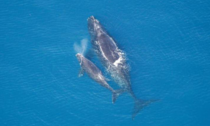

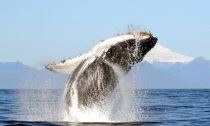
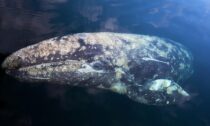
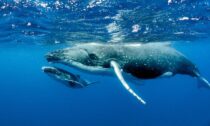

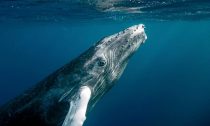

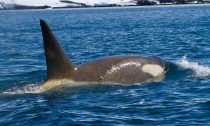


Social Profiles